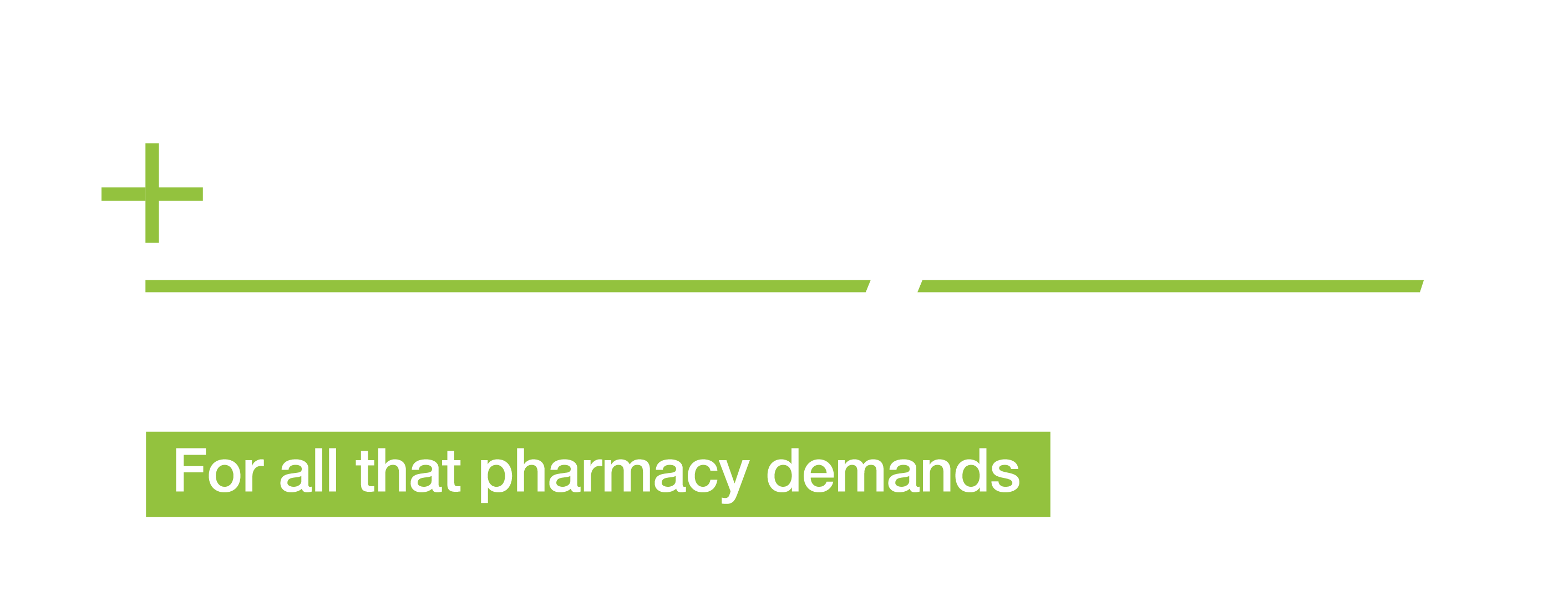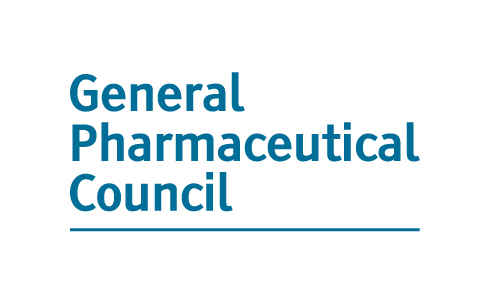Interview Lelly Oboh: Read her story about becoming a Consultant Pharmacist and making an impact in the sector
)
To celebrate International Women's Day 2021, we wanted to shine a light on a special woman making waves in the Pharmacy sector. Enter stage right - the incomparable Lelly Oboh. Lelly is a passionate Consultant Pharmacist with over 25 years' experience providing care and championing innovative service developments to optimise medicines use for older people with long term conditions. We caught up with Lelly to hear her incredible story - from qualifying overseas to becoming a consultant pharmacist and to hear advice some important advice for all women in pharmacy, especially the next generation.
Tell us about your journey in pharmacy and how you became a consultant pharmacist?
"I came to the UK in the late 80s after I finished my pharmacy degree. As an overseas qualified pharmacist, I had to do the conversion exam. In 1993 I registered as a UK pharmacist and first worked in a community hospital, similar to a care home. Most of the patients had complex disabilities such as brain injury and lived in the hospital as they needed round the clock clinical care. It was while working in the pharmacy team there that I became interested in ‘long-term conditions', which at the time was not well-known as such I completed my Clinical Pharmacy certificate and then moved on to community pharmacy. I decided to study for a clinical pharmacy diploma and started a new job as a prescribing adviser for a Primary Care Group. It was untouched waters and new to everyone, we hadn't worked with GPs ever before, that sounded like a great challenge for me.
Most of the prescribing advisers came from a hospital background and those from community background like me were very few, I was the only one locally. Suddenly I had 27 GP practices to look after, the practices had to change their prescribing habits and I had to influence it, it was very exciting. I was also doing it whilst finishing my clinical pharmacy diploma so was able to learn and apply the knowledge and skills at the same time.
It certainly was a steep learning curve, but I began to understand the wider elements that affect prescribing.
In 2001 the Department of Health published the Older People National Services Framework (NSF) with new quality standards to implement. There was a specific medicines management standard relating to medicines assessments and reviews. I led a local pilot project to explore Pharmacists-led medication reviews in a GP practice, community pharmacy and care home. The project and working in community pharmacy got me thinking that there is a role for pharmacy here for us.
Out of this I began to develop my interest for the care of older people and became the older people pharmacy lead in the primary care trust (PCT).
In 2003 an exciting project came up, I applied for a 6-month secondment role as a project coordinator for a DHSC medicines management pilot which was 1 of 27 pilots in the London-wide older people service development project. These pilots were to facilitate the implementation of the NSF standards. Even though I'd never had formal project management training, I had medicines expertise and was passionate about care of older people, that was all I needed. The project was successful and was runner up at the Pharmaceutical Care Awards 2004. It was extended for another 6 months and then again, that was so exciting. It was all about medication reviews, assessing older people's medicines related needs, looking broader than just the medicines and applying a holistic and person-centred approach to pharmaceutical care, a lot of which has influenced and shaped practice as we know it today.
At this time there was a big discussion about developing consultant pharmacists posts in the UK and focus on clinical pharmacy – I immediately knew this is what I want to do. I wanted to become a consultant pharmacist, but again most consultant pharmacists were hospital pharmacists, but the real question was how we can have consultants in primary care. It was a lot of going back and forth but eventually, I got appointed as the first primary care-based consultant pharmacist. The job role combines expert practice, professional leadership, training and education, research, audit and service development. Most consultant pharmacists role at the time focused on expert practice within a local trust, but mine was unique, with a focus on expert practice and leadership with broader coverage. The role covered my local PCT as well as NHS Specialist Pharmacy Services (London, Eastern and South East Region). As a consultant pharmacist, I have worked with several organisations such as NICE, the Royal Colleges, Clinical networks, Universities, AHSNs, Social services and Age UK while keeping my practitioner role of providing direct patient care to older people living with frailty,
I enjoy undertaking medication reviews and oversee a small team of pharmacists and pharmacy technicians integrated within community multidisciplinary teams providing care for vulnerable older people in their own homes. We receive internal referrals from district nursing and intermediate care teams as well as Primary Care Network (PCN) teams and hospitals."
How would you describe your day-to-day job?
"A big part of my role is developing people, which is also a passion of mine. We need more people doing good things, that is also part of the reason why I speak at Clinical Pharmacy Congress and other events - to equip people, to create new leaders and to pass on the message. There are many projects I started that have spread to other NHS organisations in London and nationally, and it usually starts with a problem from practice that needs solving, developing, planning and testing innovative interventions. Then sharing the results and learning for others to adapt for local use. And in the best case, I can then even refer someone to them, so someone new can learn from them.
One day a week I work with the NHS Specialist Pharmacy Service team offering expert advice and developing resources to implement and influence best practice and optimise medicines for older people. I carry out training to enable others and disseminate the message through various networks. I have been involved with leading pharmacy initiatives and driving rapid change across my local STP in South East London for example setting up an STP wide Pharmacy Taskforce in response to the urgent call to support care homes during COVID-19. I have also been a member of the London Region Care Homes short life working group, both the NHSE SMR and National Overprescribing short life working groups, the London Frailty Clinical Network and the Chair of the PCPA Specialist Pharmacists group
My team and I provide supervision with academic colleagues for students from pharmacy schools who analyse our service activity data to generate topics for research and inform practice and service development. Also, I collaborate with research colleagues to bring a practical perspective to research projects and investigations
The most rewarding part of the job is and will always be seeing my patients and I see the most complex old people! Some taking 15-30 medicines, as well as people with dementia, but I love to go and see them. Everything I do is to make sure these old people have the best experience from taking medicines and great pharmacy professionals looking after them. It will always come down to this when I am teaching; I know, and always remind myself, that it will make a difference for an old person later."
What is your biggest achievement?
"I am proud of the positive impact I can have on people's lives. For example, I once visited a severely frail older patient and the daughter was in tears because the mother was fading away slowly. We discussed her mother's medicines, how she perceives them, what was working, not working and what outcomes they wanted. I liaised with the daughter, GP, community pharmacist and therapists to stop the inappropriate medicines. When I came back 3-4 weeks later, this old lady was cooking chapattis in the kitchen and she was a completely different person from when I first saw her.
I also love providing peer supervision and support to others. Recently I was contacted by a PCN pharmacist new to working in care homes and she was struggling with a frail patient with complex polypharmacy and asked what she can do. We arranged to have a chat and initially, she proposed so many medicines solutions but I wanted her to “relax”, and think holistically rather than focus on the medicines solutions alone. After our call, she sent me feedback that since we talked, she already sorted out the patient, she has gone to find more information and started doing more of the medication reviews, she said that I had changed her way of thinking. There was so much positivity in her email and she said it was the best mentoring session she had, and that meant a lot. But the best thing? I know that she will do well because her thinking changed, so she isn't always relying on someone like me. Tomorrow I might be able to connect a new pharmacist to her and they can build each other up.
As women, we aren't negative, but we have to get everything 100% right. Most women, especially female pharmacists, could get 99 questions but focus on the one question they get wrong. I love to say “Hey, you got 99 questions right, don't worry too much about the one that you got wrong”. We need to focus on our strengths by having a conversation about them, that wakes people up. In my experience, I think men are generally better at showcasing and focusing on their strengths compared to their weaknesses
I find that women are good at putting medicines-related problems in context and intuitive in their approach to care. For example, when talking about a patient's pain, as well as the pain medicines, they might link it with the impact of clutter in the house, isolation, etc. Context is important in order to make a difference to an individual patient and is key to delivering person-centred care. We need to strengthen that and learn to use this skill in pharmacy practice. I had someone tell me once I cannot listen to my gut feeling, I need a checklist. But that isn't true, you have to notice that your gut feeling is a skill that you need to embrace and use as part of the practice."
What piece of advice would you like to give to other women?
"I am not saying this is the only answer, but every woman must have somebody, like a coach. Not necessarily formally but someone to have coaching style conversations with. Let me explain the difference between a mentor and a coach. A mentor is someone who has a lot of experience and a coach doesn't necessarily need to have any more experience than you but is somebody who believes that you have everything you need to solve your problems. Their job is to get the solution out of you, to help you think differently. A coach is helping you work out how to fish for yourself especially when they are not there, whereas a mentor is giving what you need to fish.
For example, If you didn't get a job or role and are upset about not getting it a coach would make you think about how else you can get there, how can you learn, maybe you can speak to someone in that role on how they did it. Suddenly, the most important thing is continuing your journey towards what you want and not the job you didn't get.
The coach could be a peer who can help to inspire you, have motivating conversations and look deep to see that we all have something. We always think about the things we don't have but every single woman has so much in them, all the soft skills, communications skills and so much more. We need help to see the things we already have so we don't become something we are not. And if I need to employ someone those are the skills I am looking for, if someone is clever but cannot communicate that doesn't work.
We never stop to enjoy what is happening now. Every woman needs someone to sit her down and get real, ask her about her strengths and successes and what they have achieved."
What advice would I give your younger self?
"Believing in myself more and have hope. Negative emotions can cloud your thinking and so many times that I was frustrated I could have just stopped to think. Things aren't always as bad as they seem, when things get tough take a step back to think. Negative energy isn't worth it. There always has to be hope.
Let us take COVID as an example. If someone would have told us this was going to happen, we would have had a heart attack just anticipating how bad it is, but here we are, we are slowly coming out of it. We need to stay positive. If you have problems staying positive, just think about one positive thing and hold on to that."
What does Lelly want other women in pharmacy to know?
There is room for all of us. We have a unique part to play in pharmacy, we have to believe in it and we have to spread that. Together. We need to do it together and keep telling ourselves. Sometimes we as women are our worst enemies. We need to tell ourselves that we aren't worse or better than men, but we are different. There is a part of the system that needs us, like a big jigsaw puzzle. If a 3,000-piece puzzle has one piece missing, it just doesn't look good no matter how much effort you put into it. So even though there is like 2,999 pieces carefully put together without the one missing it is not complete. In that sense there is a place for us, one piece isn't weaker or better than the other. We need to tell ourselves there is a place for us to fill and fit in and that is us individually.
There is a place for you. Grab it when it comes.


)
)
)
)
)
)
)
)
)
)
)
)
)
)
)
)
)
)

.png/fit-in/500x500/filters:no_upscale())
)
)
)
)
)
)
)
)
)
)
)
)
)
)
)
)
)
)
)
)
)
)
)
.png/fit-in/1280x9999/filters:no_upscale())
)
)
)
)
)
